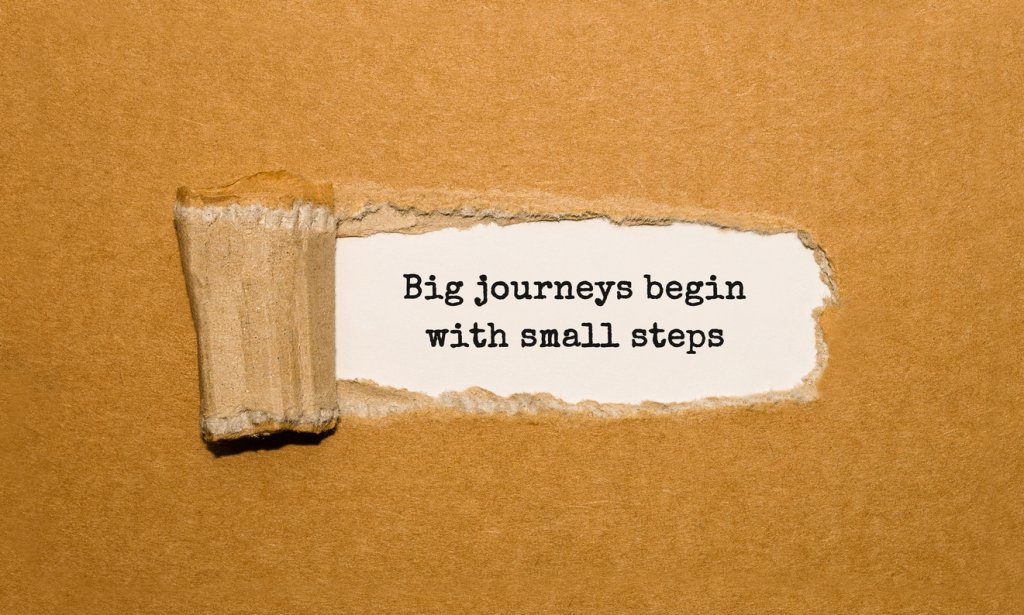Moving into a second career is a joy, but also complex and stressful. I went from businesswoman to writer. Gulp. You may be going in the opposite direction: from artist, say, to managing a non-profit or becoming a fundraiser or board member. Whatever your transition, it’s bound to feel exciting, difficult, weird, complex, incomprehensible, and joyous. Sometimes all at the same time. Here are a few tips I hope will help as you ride the rollercoaster.
Remember, This Is New
New is always challenging. Thrilling, maybe, but also hard, especially if you’re going from being knowledgeable, even expert, in your former field to being a novice in your new one. You’ll likely miss feeling like a pro, having people ask for your advice, or even just knowing what the heck you’re doing. This is par for the course. Get used to it. Enjoy the learning curve, if you can. Trust that, no matter how bewildering it may seem at first, there will come a time when you really do know what you’re doing.
[READ: Second Act Careers: Work is Not a Place]
Flex Your Mindset

Give yourself a break and expect that you’ll ask a million questions, feel uncomfortable at times, even feel dumb. You’re not dumb, though, you’re simply inexperienced.
As I struggled to learn how to write fiction, something I’d expected would be a slam dunk, I reminded myself I was a “baby novelist.” Eventually, I became an adolescent novelist, and later on my novelist self grew up. At the beginning, though, it helps to lower your expectations of performance. Babies take in massive amounts of new data, process it, make mistakes, and develop tons of new skills. They’re great role models!
So are trees that grow from tiny seeds, and butterflies, and just about anything worthwhile.
Set Early Goals
I’m sure you’ve been told how helpful goal setting is; that it’s hard to meet a target if you don’t know what it is. Second careers are a marvelous case in point. You may feel like you’re floundering around trying to absorb all the new stuff coming at you for the first several months. So instead of passively being buffeted by whatever comes your way, assign yourself goals so that you can feel you’re taking charge.
You might decide that, for the first week, your goals are figuring your physical way around a new place, assigning faces to names, and getting all the right forms filled out. Or you might use the first week to build a plan for success in your new endeavor.

For the rest of the first month you might decide to understand your colleagues’ skill sets, to get a firm understanding of the organization’s financial picture. Or, to meet your new clients, to create weekly goals-whatever makes sense to you. Then pick a larger goal or two for the second month, and the third. At the end of each day, or week-if that feels more right to you, ask yourself what you did toward achieving your objectives.
And here’s a key point: write down what you’ve done, daily or weekly. I find I forget what I’ve done in a whole long week, so I keep notes daily. At the end of three months, you might want to set longer term goals, feel you’re comfortable enough to give up setting goals, or find it’s such a helpful practice you’ll continue on setting short term goals that take you toward successfully mastering your new career.
[READ: Setting a Physical Goal Can Improve Your Career Transition]
Don’t Be Afraid to Go Deep
Some of us find it harder to ask for help as we grow older; personally, I find it easier because I’m more aware of how much each of us depends upon other people to succeed. In either case, while everyone knows your new to this, you have a wide-open window to ask for help.

If you don’t have colleagues to turn to, look for a course in your subject matter, either online or in-person. Read books. Follow the developments in your new field. Join associations in your new industry. Attend conferences. In other words, reach out for as much training and broadening of experience as you can. Intend to become expert at your new endeavor, and, with time and effort, you will.
Enjoy Something You’re Already Good At
While learning a new field, new skills, a whole new career for heaven’s sake, it can tend to take over our lives. But we aren’t babies at everything, are we? You might be great at bridge, or soccer, or painting.
[READ: Are You Mindful or Mind Full?]
Make sure to set aside time from the absorbing new career to remind yourself you’re a fully grown woman with other interests and proficiencies. Enjoy them! In my case, I took up hiking. In the process of climbing 48 mountains, I offered myself the sense of success I yearned for while progressing from baby novelist to mature writer. Concrete wins, wherever they come from, boost our self-confidence and self-esteem, especially when we’re taking on the brave, bold stretch of a second career. Happy challenges!







